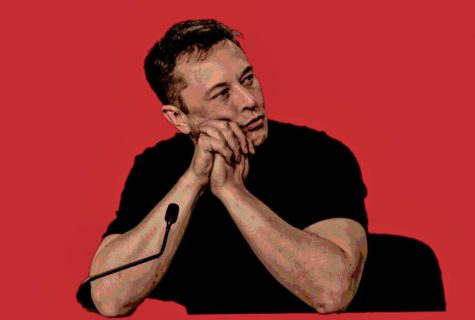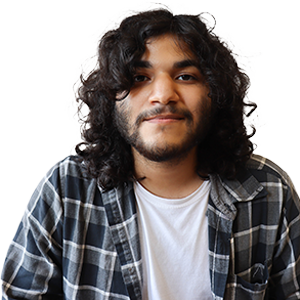
CEO of Tesla and SpaceX and the richest man in the world, Elon Musk recently committed to a huge investment: buying out Twitter for $44 billion to take it private.
With nearly 400 million users worldwide, Twitter is still one of the most popular social media platforms.
Musk had been after the app for a while and was finally able to secure its purchase.
He cites his desire to preserve free speech as the reason for purchasing Twitter, specifically referencing the permanent suspicion of former President Donald Trump who was banned for the “risk of further incitement of violence,” as well as tweeting misinformation about covid-19 at the end of his presidency.
Conservatives and reactionaries often argue that social media sites removing and banning people from their websites is a form of censorship that goes against the Constitution.
But there are many problems with that argument. For starters, the Constitutional free-speech protection applies only to the government, not to non-government entities like Twitter. And the courts have ruled that hate speech is not necessarily protected. Twitter is also a service that operates internationally, so the Constitution doesn’t necessarily apply to its international operations.
Trump went against Twitter’s guidelines repeatedly. The last straw was when he incited the mob to attack the Capitol on Jan. 6, 2021. So he was banned. Other users and groups continue to push the boundaries of acceptable speech, but still remain on the platform. Trump’s coup crew still tweets several times a day. One of the most reprehensible men in America, Republican Senator Ted Cruz still spews toxic ideas on a daily basis.
So Musk’s claim that Twitter is destroying free speech is just not true.
The “free speech” Musk wants will open the floodgates to more bigotry, more white supremacy, more misinformation and more hatred without any repercussions. And the ghost of Donald Trump may yet rise to tweet his nonsense again.
Musk’s buyout of Twitter has nothing to do with freedom and everything to do with control. The control of the few, over the voices of the many.
Musk is not the first billionaire to buy a media platform. Jeff Bezos owns the Washington Post, Laurene Powell Jobs owns The Atlantic, Marc Benioff owns TIME and the list goes on.
No matter what these billionaires may claim, they did not buy any of these media companies or sites for free speech. They bought it because they understand that controlling the media is a powerful tool.
By controlling the media, they can control the way the world perceives them and their other billionaire buddies. They can also advocate for giant tax breaks and sweetheart deals — for themselves. Imagine how greatful Republican leaders will be if Musk restores Trump’s voice. Cha-ching. $,$,$.
Criticizing Musk for his cruel treatment of Tesla workers, a proven fact, is safe to do on Twitter now, but who knows if that will be a possibility in a year from now.
A more likely scenario is that Twitter becomes a festering free-for-all sewer of weakly moderated toxic untruths from the Make America Great crowd, racists, homophobes, and other haters.
All in the name of “free speech.” Right.
Twitter & Teens: Thoughts from the student body
“I don’t believe that Elon Musk’s purchase of Twitter protects free speech because he can use the purchase to his own advantage and complement a potential agenda, and the question still ponders: why did he need to buy Twitter when he owns Tesla and holds ties over Space X? What free speech is he trying to protect other than his own? He’s never shown interest in buying any other social media app before and, again, he has money, so what really is his point in owning Twitter other than to protect his own reputation?”
— Sophia Hummel
“I don’t think it will because Twitter has been a platform for a very long time and has millions of users on the app, many of whom dislike Musk, so if he were to make any restrictions to the way users can tweet, there would be obvious outrage and demands to have him not change anything now that he has control of it.”
— Emilie Morales
“Elon Musk buying Twitter as a way to protect our freedom of speech is not trusting to me. I think it’s just a way for him to make more money and he might actually minimize our freedom of speech because he has complete access to it. He doesn’t do doings that benefit other people over himself.”
— Fatiah Lawal
“I believe Elon Musk purchasing Twitter would not protect free speech as anything that is owned by a private individual and not a government can not be entrusted to protect free speech. Especially when the individual has interests in his businesses rather than for the public.”
— Diego Aguirre
“Elon Musk purchasing twitter does not protect freedom of speech. Elon could very easily remove any media criticizing him or his companies without anyone being aware to preserve his image.”
— Marvin Ocampo
“Elon Musk’s purchase of Twitter is a danger to free speech. The only reason he wants to own Twitter is for his own profit and to try to control people’s perception of him through the media. By controlling Twitter, he can delete any criticism about him there.”
— Erick Casco


